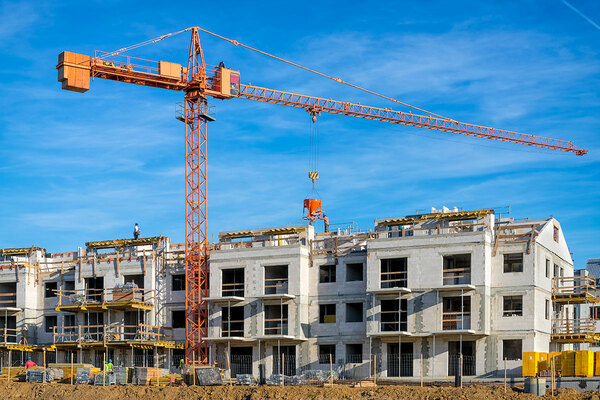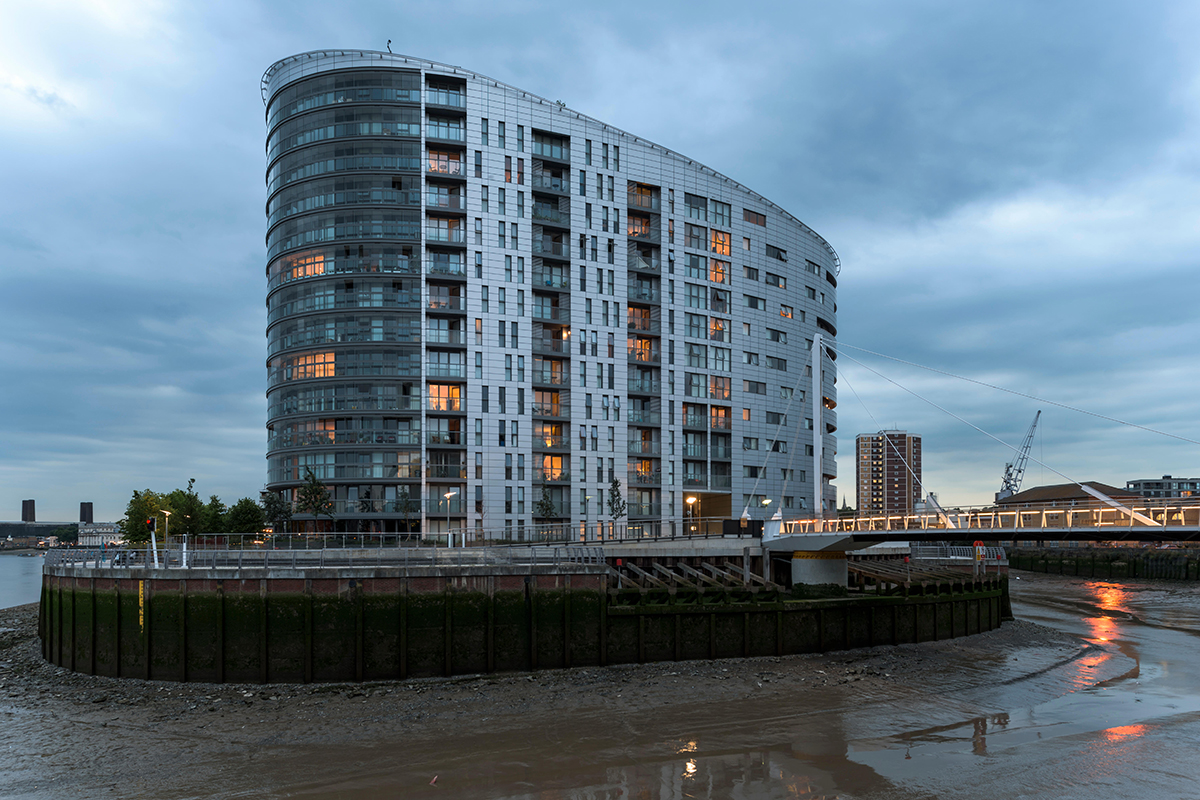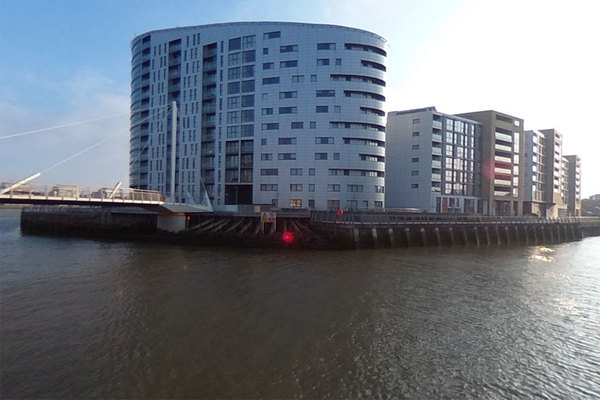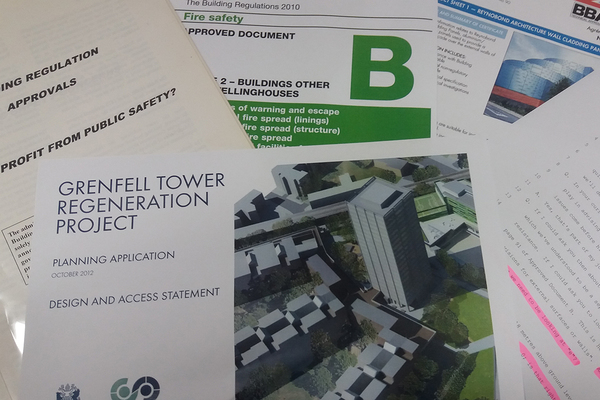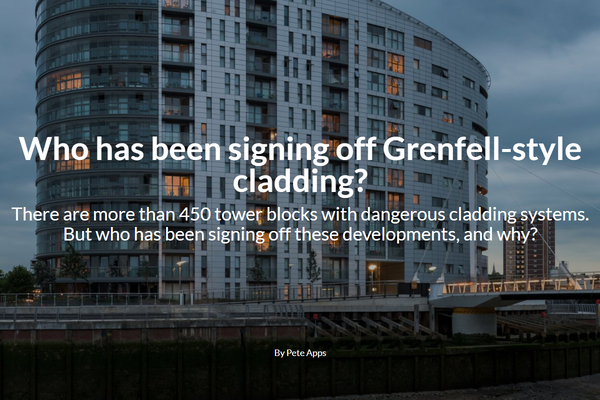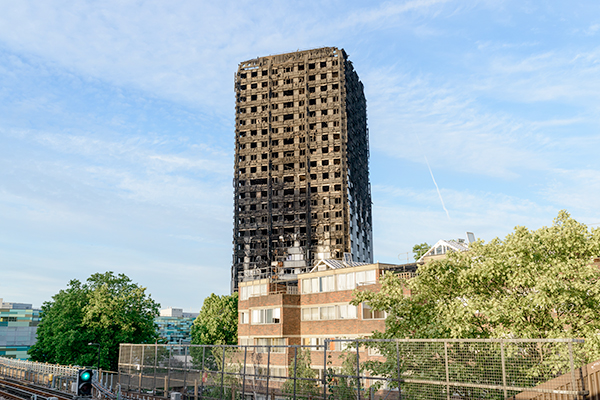You are viewing 1 of your 1 free articles
NHBC signed off more than 50 towers with Grenfell-style cladding systems, investigation reveals
The National House Building Council (NHBC) signed off more than 50 towers now known to have dangerous Grenfell-style cladding systems, an Inside Housing investigation has revealed.
Data gathered under Freedom of Information laws from 33 local authorities which house 172 towers with dangerous aluminium composite material (ACM) cladding – like that used on Grenfell – show 52 were given a ‘completion certificate’ by the NHBC.
A further 64 were signed off by local authority building control inspectors directly, while 56 were approved by a variety of other private firms.
Under the system in place in England since the mid-1980s, developers can choose whether to use a local authority inspector or pay a private company, known as an approved inspector, to do this service.
The NHBC is England’s largest private provider of building control services – the official procedure for checking new developments are built in line with regulations.
The data obtained by Inside Housing reveals the NHBC provided completion certificates on 52 of the affected towers, including 39 in the east London borough of Tower Hamlets.
The 172 towers for which data has been gathered, represent 38% of the 457 private and social sector blocks known to have dangerous cladding.
As well as the NHBC, the figures revealed firms including HCD Building Control, now part of fire safety consultancy Bureau Veritas, signed off six; MLM, one of the largest private building control companies in the country, signed off five; and Carillion, the collapsed outsourcing giant, signed off four through its building control arm.
A spokesperson for the NHBC said: “Building control does not remove the obligation of the person carrying out the work to achieve compliance with the building regulations.
“Without specific information about individual buildings, we cannot provide a more detailed response.
“However in discharging our duty as an approved inspector, NHBC Building Control Services would need to be satisfied, as far as reasonably practical, that the builder has complied with the building regulations in force at the time that the building was constructed.”
A spokesperson for Bureau Veritas added: “Bureau Veritas helps its clients by offering services and solutions that ensure standards and regulations – including building regulations – are adhered to. HCD Building Control was acquired by Bureau Veritas in March 2016.
“Our activities are closely monitored by the Construction Industry Council, who are satisfied with the measures the business takes to ensure no conflict of interest exists between our building control and fire activities.
“Due to client confidentiality, Bureau Veritas cannot comment on individual projects.”
As many councils are reluctant to provide information on tower blocks with Grenfell-style cladding, Inside Housing requested data on whether the block was signed off by a private, public or NHBC inspector.
This means that for many of the councils it was not possible to identify the specific private inspector which provided the certificate.
The 64 signed off directly by local authorities comes despite recommendations of the review of building regulations by Dame Judith Hackitt to give local authority inspectors primary responsibility for high rises in future.
The government has argued since Grenfell that the use of ACM cladding systems did not comply with building regulations or the official guidance – although this has been widely disputed by the industry.
Industry figures have said the requirement in the official guidance that ‘external surfaces’ of buildings should be ‘Class 0’ led to the widespread use of ACM, the vast majority of which was certified to this standard.
But the government argues that cladding should in fact have met the standard of ‘limited combustibility’ based on a separate standard for ‘insulation’ and ‘filler material’.
Inside Housing revealed last summer that government officials were specifically warned in 2014 about the Class 0 standard resulting the widespread use of ACM, promised to act and didn’t.
As well as Class 0 cladding panels, many dangerous systems, including the one used on Grenfell, contain combustible insulation materials.
This is only permitted in the guidance if justified through ‘full-scale test data’. Building control inspectors accepted ‘desktop studies’ – assessments of new systems from previous test results – from 2014 onwards.
But in 2016, the NHBC published a guidance note saying it would not even require desktop studies on several ‘common’ cladding systems – including ACM.
The government declined to comment due to the ongoing inquiry.
The NHBC statement in full
“Builders are responsible for ensuring they comply with the Building Regulations. The Building Control Body, which could be NHBC Building Control Services Ltd (BCS), a local authority or another Approved Inspector, assists the builder in achieving compliance with the applicable Building Regulations and Guidance. NHBC BCS do this through the appraisal of plans and details provided by the builder as well as risk based inspections at certain stages of the build process.
“Building control does not remove the obligation of the person carrying out the work to achieve compliance with the Building Regulations.
“Without specific information about individual buildings we cannot provide a more detailed response. However in discharging our duty as an Approved Inspector NHBC BCS would need to be satisfied, as far as reasonably practical, that the builder has complied with the building regulations in force at the time that the building was constructed.”
The ‘Class 0’ debate explained
- Since the Grenfell Tower fire, the government has insisted that its official guidance, Approved Document B, required cladding panels to be of ‘limited combustibility’. But many industry figures disagree, saying that the standard the guidance set was ‘Class 0’ or ‘Euroclass B’.
- Approved Document B sets limited combustibility as the standard for ‘insulation materials/products’ in paragraph 12.7. It sets Class 0 or Euroclass B as the standard for ‘external surfaces’ in paragraph 12.6.
- Paragraph 12.7 says that “insulation product, filler material etc” must be of limited combustibility. In a letter to social landlords on 22 June, the government said that the word ‘filler’ in this context covered the plastic in between the aluminium sheets in the cladding.
- But experts have disputed this view, pointing out that the cladding itself does not have an insulation function.
- The cladding used on Grenfell was certified to Class 0 and so would apparently have met the official standard for external walls.
- This debate remains crucial in assessing the liability for the removal of cladding, much of which is also rated Class 0, from hundreds of tower blocks nationwide.
The Paper Trail: The Failure of Building Regulations
Read our in-depth investigation into how building regulations have changed over time and how this may have contributed to the Grenfell Tower fire:
Inside Housing Spotlight
Inside Housing Spotlight is a series of pieces showcasing the best of our investigative and data journalism.
Spotlight pieces:
14 December 2018: Starting to bite - how Universal Credit is making people homeless: we reveal new figures showing a clear link between Universal Credit and homelessness
9 November 2018: First Priority - the inside story of a housing association which almost went bust When a small supported housing provider entered into a series of leasing deals with investment funds, it nearly spelled disaster for its vulnerable tenants. We investigate why.
12 October 2018: The ballad of Knowsley Housing Trust the inside story of the first housing association made non-compliant by the sector's watchdog for fire safety issues
13 September 2018: How tweaked building guidance led to combustible insulation on high rises: an investigation shows how lobbyists from the plastic insulation industry supported a quiet tweak to building guidance to permit combustible insulation on tall buildings
31 August 2018: The true cost of homelessness Freedom of Information requests reveal the soaring costs of temporary accommodation
30 August 2018: The forgotten threat to high rise tenants We investigate the threat posed by combustible window panels on social housing high rises
13 June 2018: The Biggest Ever Survey of Fire Risk Assessments Data journalism revealing widespread fire safety issues in more than 1,500 tower blocks across the country
12 April 2018: A Section 106 Story An investigation into allegations of "sham transactions" involving Section 106 deals in south London
23 March 2018: The Paper Trail: The Failure of Building Regulations A lengthy investigation into the failures of building regulation that may have contributed to the Grenfell Tower disaster, and the many missed warnings
23 February 2018: The Kingspan Papers Leaked meeting notes reveal some worrying issues, including allegations of fire safety report doctoring by manufacturers
9 February 2018: Gentoo: a Sunderland story We look back at the recent history of Sunderland’s largest housing association.
25 January 2018: Homeless families face long stays in council-owned hostels we reveal how councils in London are skirting the law by using hostels to house people in temporary accommodation for more than six weeks
7 December 2017: Council house to private rent We reveal the percentage of former Right to Buy homes in the private rented sector has passed 40%
17 November 2017: Rent to buy, or rent to rent? A look at how successful the government's Rent to Buy schemes have been
7 September 2017: Once upon a time in the west The history of KCTMO in the years before the Grenfell Tower fire
11 August: 2017 Grenfell: The paper trail - our news editor Pete Apps examines seven years of council documents to tell a story of the missed opportunites to prevent the Grenfell tragedy
4 August 2017 : Knowing the risks – the most common fire safety problems in tower blocks
26 May 2017: Rents hiked for RTB replacements – Sophie Barnes reveals less than half of Right to Buy replacement homes are for social rent
12 May 2017: A stark warning – a prescient piece looking at lessons to be learned from the Shepherds Bush tower block fire
13 April 2017: Where the axe will fall – a look at plans to axe housing benefit for younger people
10 Feb 2017: Circle of Despair – the inside story of Circle's repairs and maintenance troubles
3 Feb 2017: The Benefit Cap Tightrope – Sophie Barnes unveils the first exclusive analysis of the lower benefit cap



